“Fools” Student-Run Makes Zoom Debut
May 28, 2020
On May 20, a cast of both veteran and first-time Latin actors performed in a student-directed production of Fools on Zoom. Junior Brendan Myers starred as Leon Tolchinsky, the new schoolmaster in the small Ukrainian village of Kulyenchikov, who discovers that the villagers suffer from “chronic stupidity” as a result of a curse. However, he soon takes a romantic interest in the doctor’s pretty daughter, Sophia Zubritsky, played by junior Olivia Katz, and so he must find a way to break the curse. The show’s two directors—seniors Maya Passman and Jordan Rice—doubled as the Zubritskys’ front door and a cow, respectively.
Jordan says, “Maya and I chose this comedy because we thought it was a funny play that would be easy for new actors to pick up. In our cast, we have people that have done every show in their time Latin, as well as others for whom this is their debut.”
There were two weeks of rehearsal left when the quarantine began. “We had every costume planned, every movement on stage blocked, and some technical aspects figured out,” Jordan explains. “Transitioning to virtual format was not easy. I don’t know if we would have been able to do it had it not been for our amazing cast who was ready for anything.” After a virtual reading, they rehearsed the show a couple of times to find solutions for any technical novelties that accompanied the shift to the virtual format, like entering and exiting scenes and interacting with props.
“One of our solutions included both actors having the same prop at their houses. One person would pass it to the camera, and the other would pull the prop back from their camera,” Jordan describes. “These little things like virtual props made our show special.” Though disappointed by having to perform remotely, many cast members enjoyed the creative challenge that the virtual format presented.
“It was really fun to see how creative we all got because we didn’t have all the props and things that made it easier to act, so seeing us improvise with random stuff at home was such a great part of the experience,” Noor Ahmed, who played a shepherd named Letsky, says. “It encouraged us to get more in touch with our creative sides and see what we could come up with to replace our old things from the original show.”
The shift to a remote production not only affected the logistics of the show, but also the way in which cast members prepared for and thought about performing.
“The biggest difference that I experienced was not having audience feedback,” Brendan Myers reflects. “Yes—the audience could chat on Zoom—but it’s still different from reading the audience from the stage and using that feeling to inspire your acting.” Ivy Schenk, who played Yenchna, a local vendor, also took note of the effect of the virtual format on the relationship between the actors and the audience. “The difference with performing a play online is that the audience is ‘closer’ to you than they would be if you are performing on stage,” Ivy says. “The advantage is that facial expressions become ten times more powerful than they normally are. The downside is that blocking, like the stage instructions for the actors, has to be minimal. We did most of the show sitting down.”
Noor sums up these effects of shifting to a remote format. “Preparing for my role became about learning how to fit all the aspects of a full performance into a little box on a screen,” she says.
Despite the negative aspects of a virtual show, Brendan praised what the directors, cast, and crew did achieve. “None of this could have been possible without some creative thinking from not just the managers, or the directors, but even the actors themselves. We really wanted to make this play happen and make it the best we could given the situation, and I feel like we did it.”


































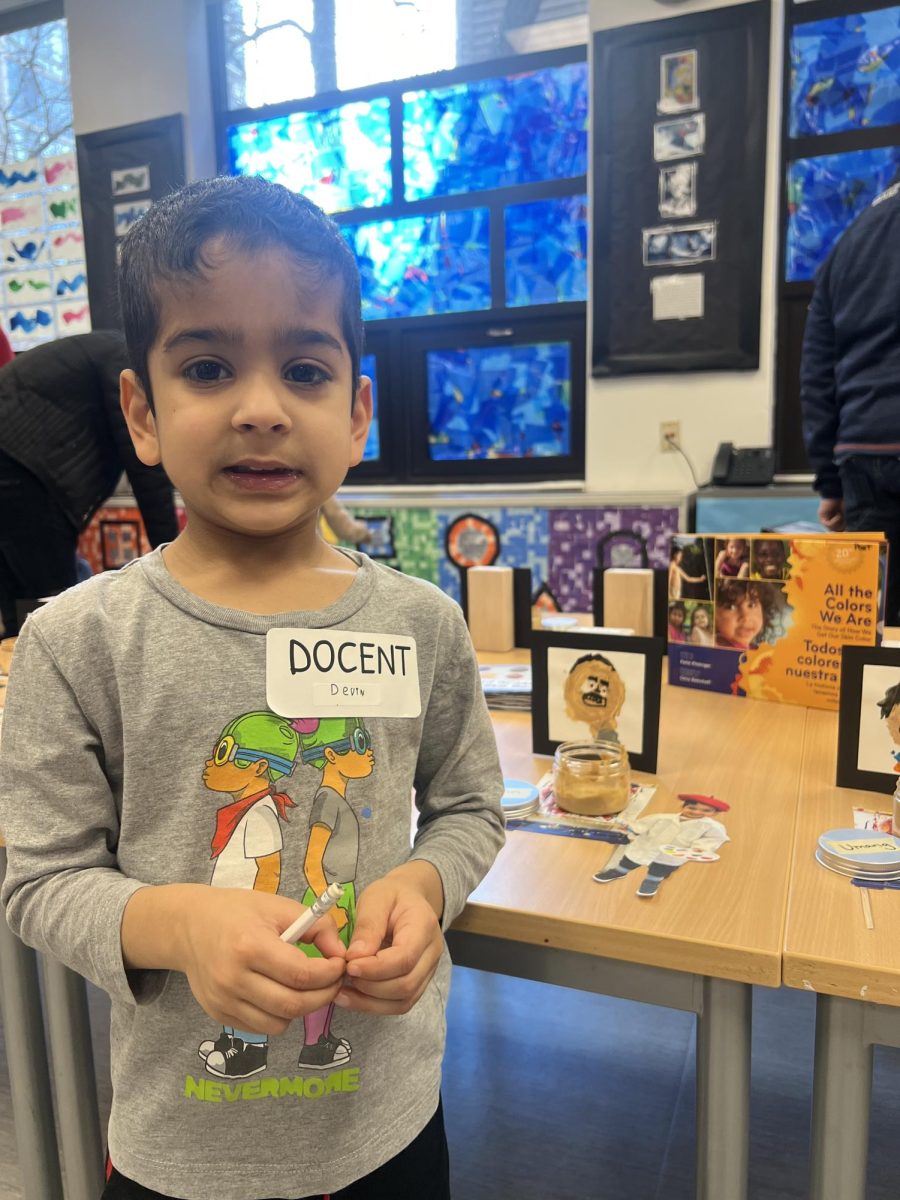
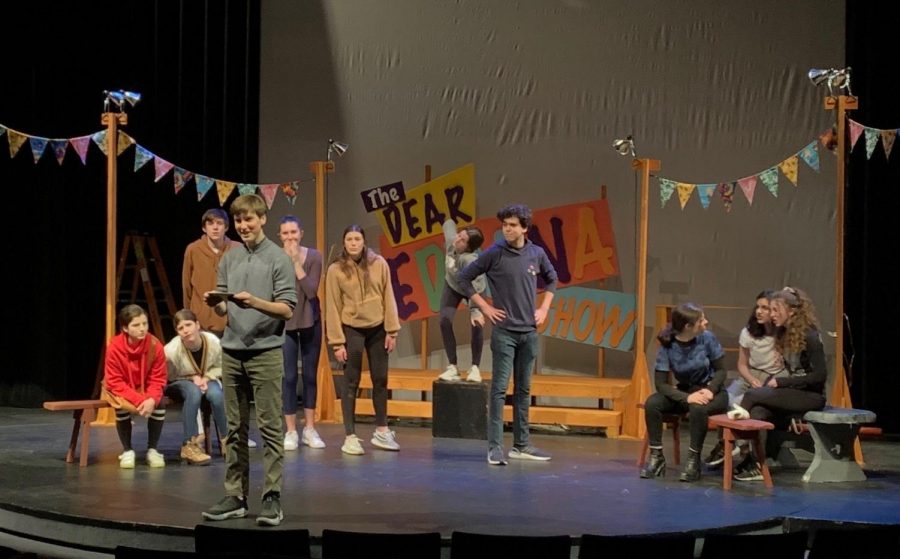

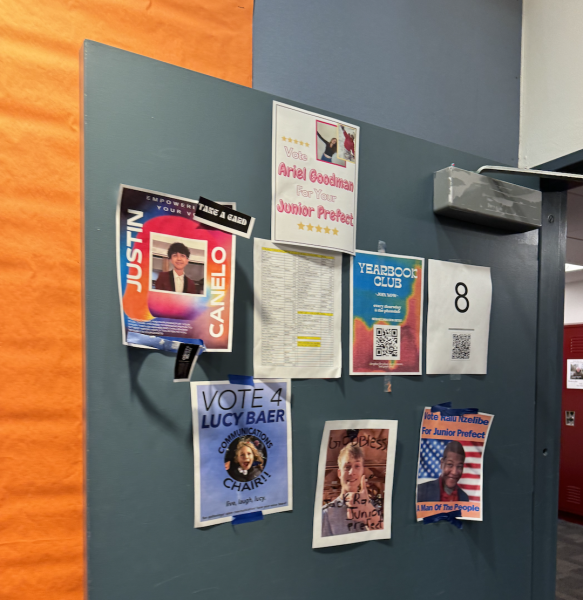
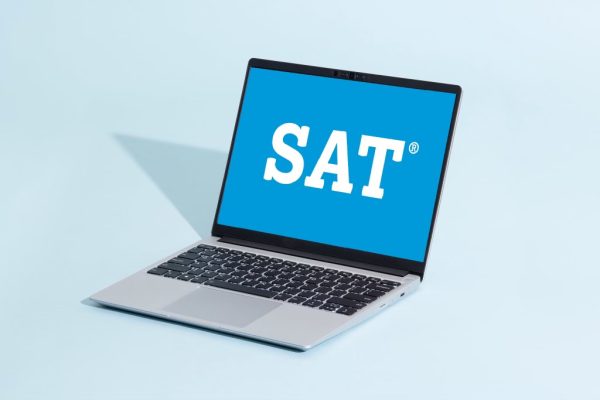

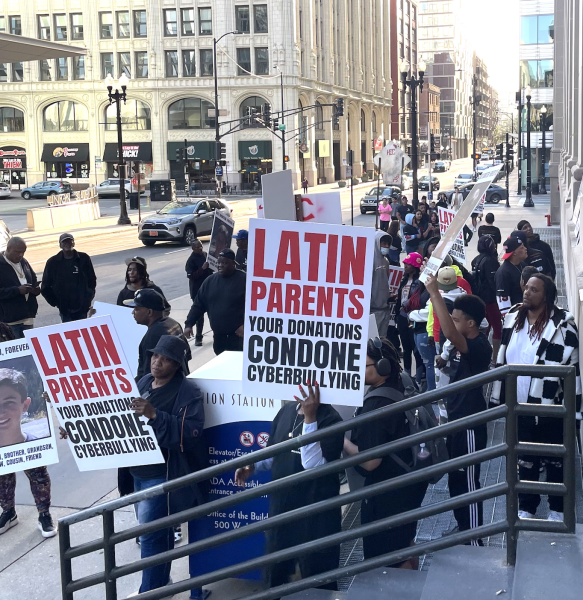
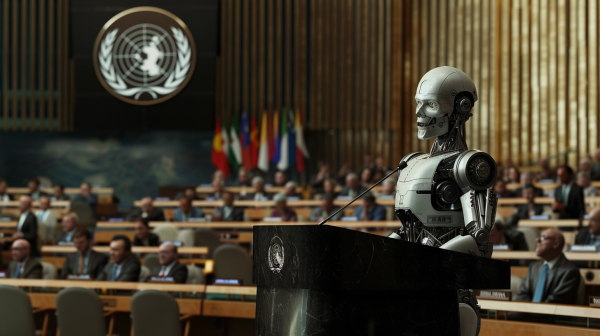

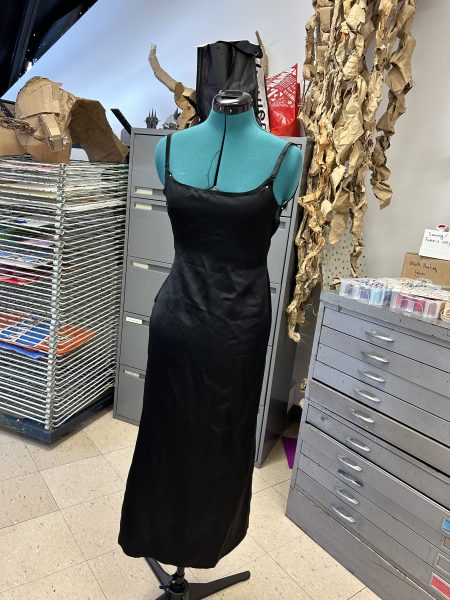
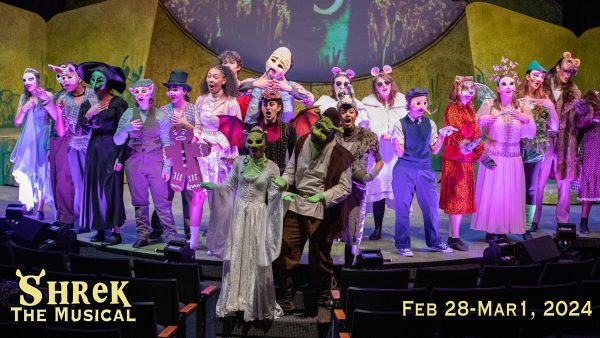
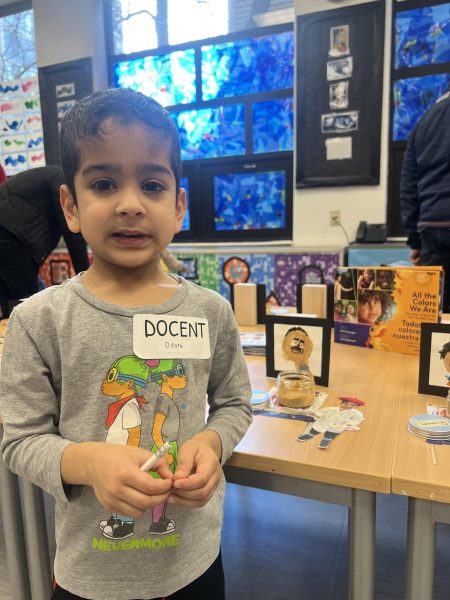
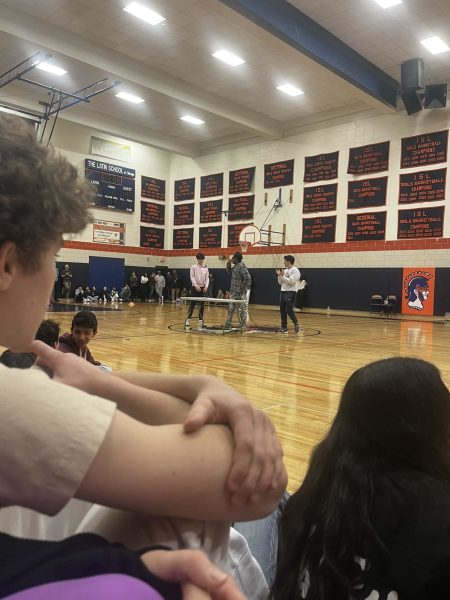


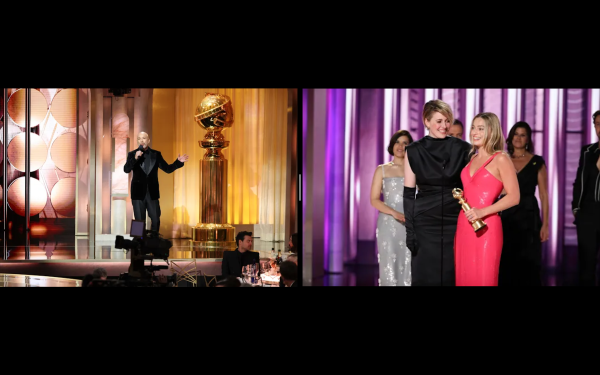
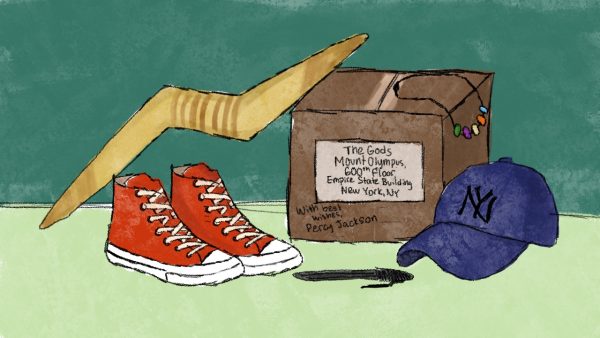

Maya • May 28, 2020 at 10:28 am
That’s my cast!!!! I love it !